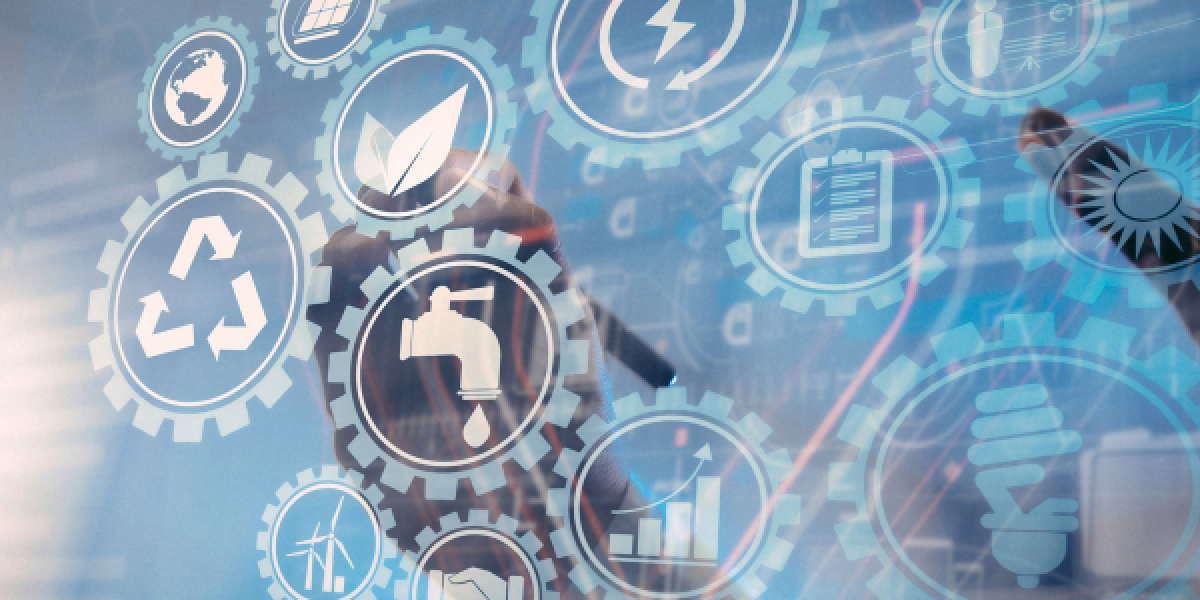Date: June 22, 2021
Time: 1pm - 2pm Eastern
Language: This event was held in English
Watch a recording of this event here.
This event explored the report, Learning from the Québec Experience: Transitioning to a Circular Economy, published by Québec Circulaire and Smart Prosperity Institute in May 2021.
Québec has established itself as a circular economy leader and we invite you to join our discussion on how the circular economy can be implemented in other jurisdictions.
A circular economy will allow us to move away from the “take, make, waste” one-way model of production and consumption, and towards a system that relies on building economic and natural capital, rather than depleting finite resources to create value. Ultimately, a circular economy will allow Canadian jurisdictions to combine economic regeneration, better societal outcomes and climate ambitions.
Watch a recording of this event here.
Download the report
Presenter:
-
Stéphanie Jagou, Consultant, CERIEC
Discussants:
- Stephanie Cairns, Director, Circular Economy, Smart Prosperity Institute
Moderator:
-
Barbara Swartzentruber - Executive Director, Our Food Future, Smart Cities Office, City of Guelph
The panel was followed by a Q&A.
Questions and Answers
What is the link between CE and local labour markets? Given that universities and technology centres prepare future workers, do you think that the role of these institutions in the future of CE is well understood and utilised?
Creating an academic structure that crosses boundaries and bridged disciplines is a key step in introducing new concepts and developing the collective knowledge that is essential for transitioning to a circular economy. Explore section one of the report to learn more about the roles of the universities and researchers in the transition, and section five that looks at how to educate people about the circular economy.
Is there funding available for circular economy projects?
Yes. There are many funding programme in Québec. For example: Fonds économie circulaire of Fondaction, RECYC-QUÉBEC and City of Montréal. This is the first of its kind in Canada.
Can you highlight a couple of concrete examples of success stories?
Explore the case study of Insertech at page 122. It follows the rise of a social enterprise blending social and environmental missions to becoming a circular economy leader.
Mustn't it start with design?
Ecodesign is one of the circularity strategies. From the design phase, it aims to take into account the potential environmental impacts of products and seeks to keep these to a minimum. The design stage is indeed critical to reducing the number of virgin resources required to manufacture our goods.
Are you able to show us the visual representation of the CE that was developed and discussed in the Qc report?
Find it here: https://www.quebeccirculaire.org/static/h/circularity-strategies.html
What do you want federal or provincial or municipal governments to do to accelerate the transition?
Governments can send signals to accelerate the transition through regulation, tax systems, and sources of financing, for example.
Could you describe how this used in the construction industry?
Circular economy aims to increase resource productivity at all stages of the life cycle. It can indeed reduce the use of virgin resources used in the construction and renovation of buildings.
Hi, Can you name some innovative processes or technologies emerging in Quebec or Canada?
You can find many circular economy initiative emerging in Québec on Québec Circulaire: https://www.quebeccirculaire.org/initiative/#page1:local
Can you provide a list of federal and provincial funding options for Circular Economy initiatives?
Here is a list of funding programmes in Québec: https://www.quebeccirculaire.org/static/financement.html


